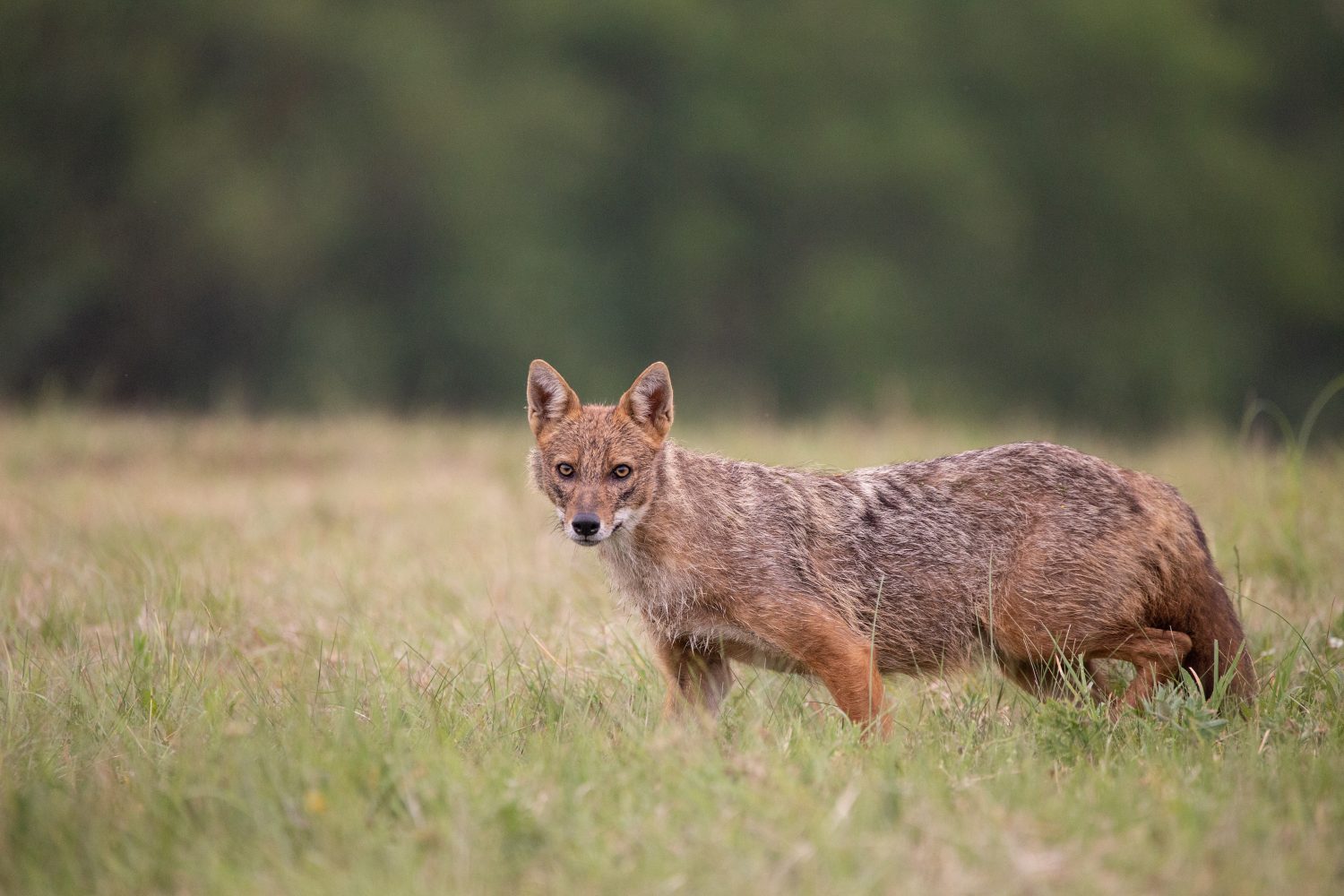« En raison de leur impact souvent néfaste sur la biodiversité et les écosystèmes locaux, il y a lieu de surveiller de près et, le cas échéant, de réguler, voire d’éradiquer, les populations des espèces exotiques envahissantes (EEE) sur un territoire donné, tel que prévu d’ailleurs par la législation européenne et nationale.
Récemment la presse a relayé une éventuelle présence d’un chacal doré sur le territoire luxembourgeois, alors que tel était déjà le cas aux Pays-Bas et en France depuis quelque temps. Dans le même article il est précisé que l’Administration de la nature et des forêts ne considérerait pas le chacal doré comme espèce exotique envahissante.
Dans ce contexte, nous aimerions poser les questions suivantes à Madame la Ministre de l’Environnement, du Climat et du Développement durable :
– Pour quelles raisons le chacal doré n’est-il pas considéré comme espèce exotique envahissante ?
– Quel sera l’impact de l’arrivée de ce prédateur sur les animaux de proie indigènes (oiseaux, mammifères etc.) ?
– Les plans d’action concernant le raton laveur, le rat musqué, le ragondin et la tortue de Floride prévoyant la régulation des populations par le tir et/ou par le piégeage, Madame la Ministre peut-elle fournir des précisions quant à l’évolution des populations de ces espèces durant les cinq dernières années ?
– Combien de spécimens de ces quatre espèces ont été respectivement tirés ou piégés annuellement pendant ces cinq dernières années ?
– Quelles autres espèces exotiques envahissantes se répandant actuellement en Europe sont observées par les services de Madame la Ministre ? Parmi ceux, quelles sont les plus probables à arriver également au Luxembourg ? Est-il possible d’anticiper quel sera leur impact sur les écosystèmes locaux ?
– De nouveaux plans d’action EEE se trouvent-ils actuellement en élaboration ? »
Answer
The golden jackal is not considered an invasive species because it spreads slowly, without human intervention. The impact on native animals and biodiversity would also not be serious, should it actually come to Luxembourg. Like the fox and the badger, the golden jackal is an opportunistic omnivore that would compete with the two species, which could affect their population. In addition, there are a number of other animals that the Nature and Forest Administration keeps an eye on to see if they spread to Luxembourg as well, e.g. the North American oxfrog or the Asian hornet, for which an action plan is being elaborated as well.








